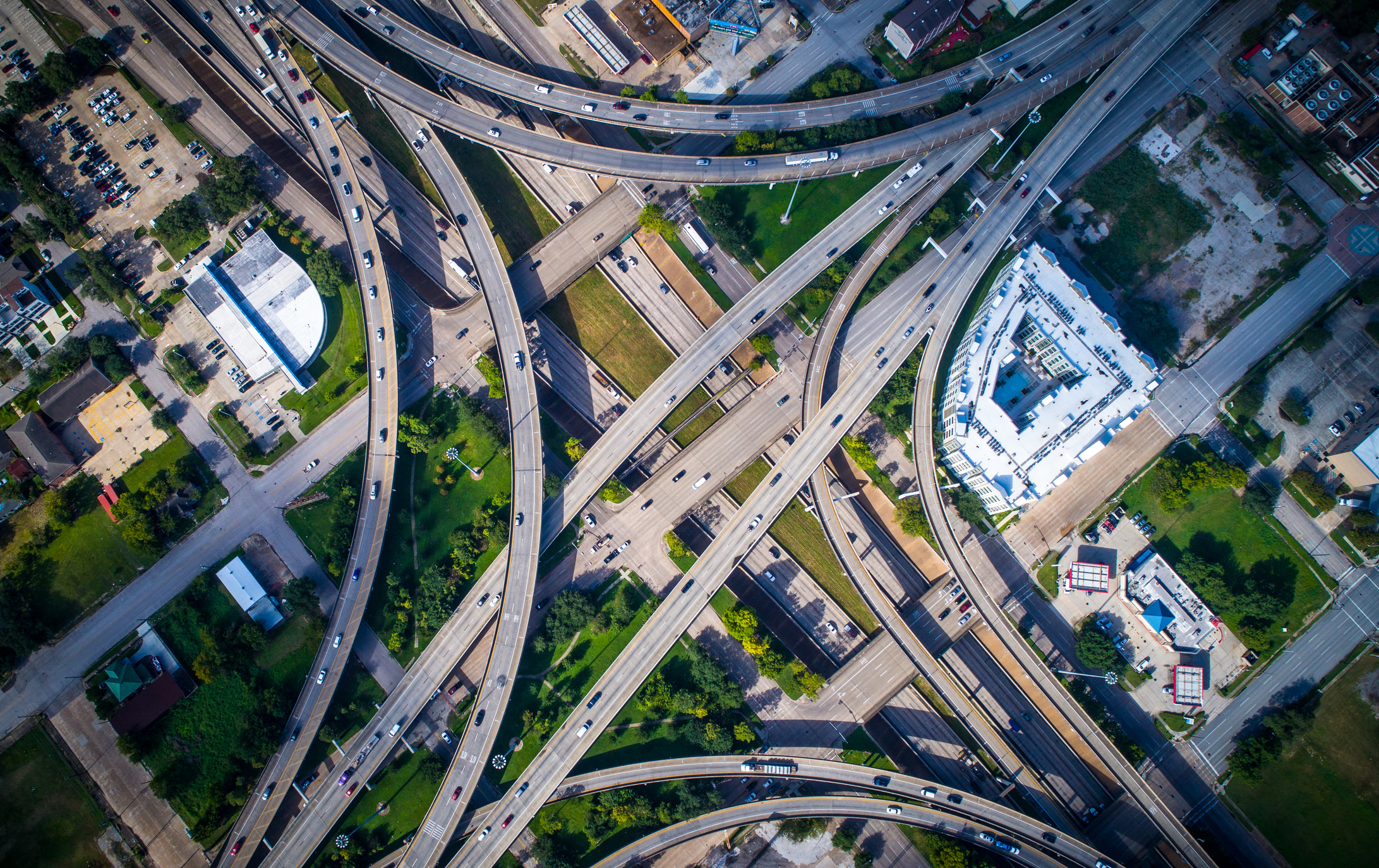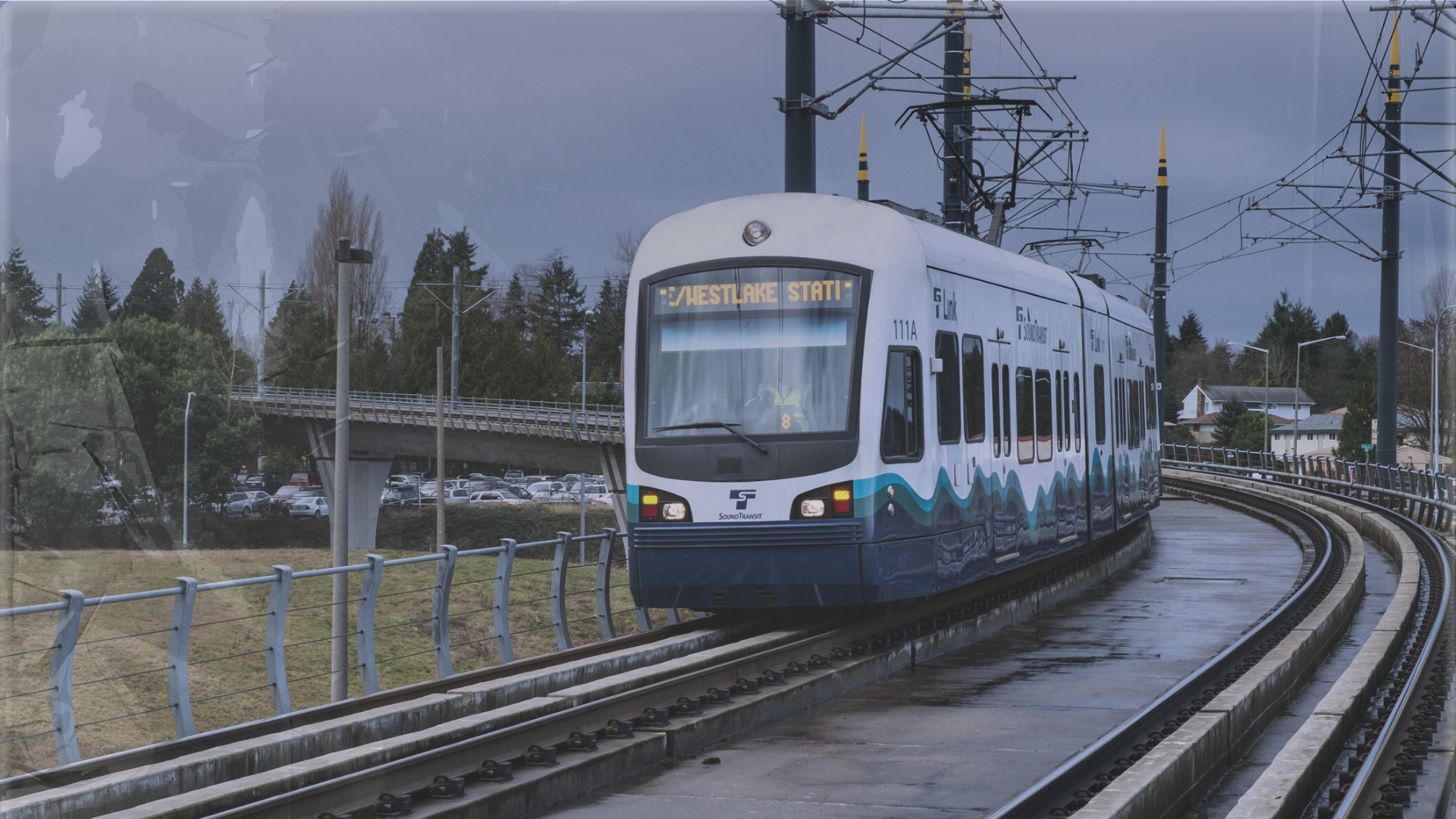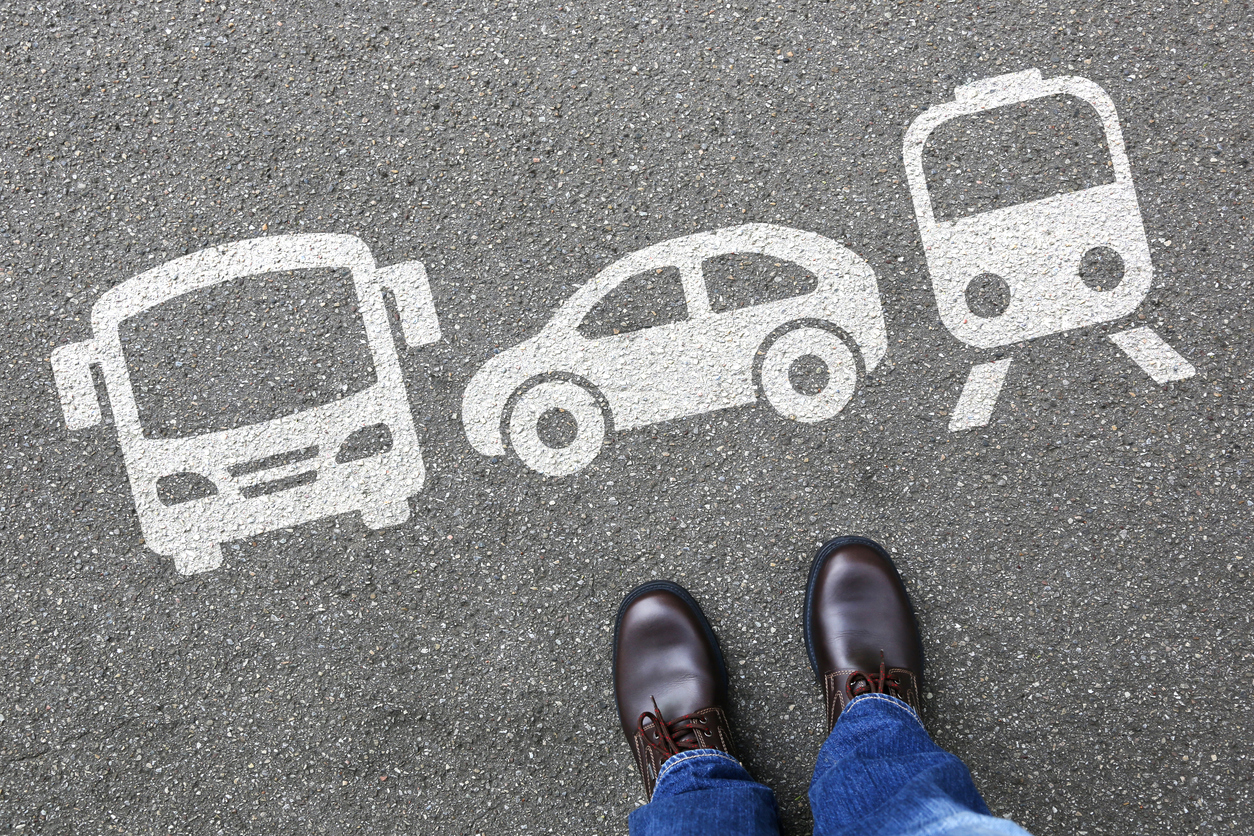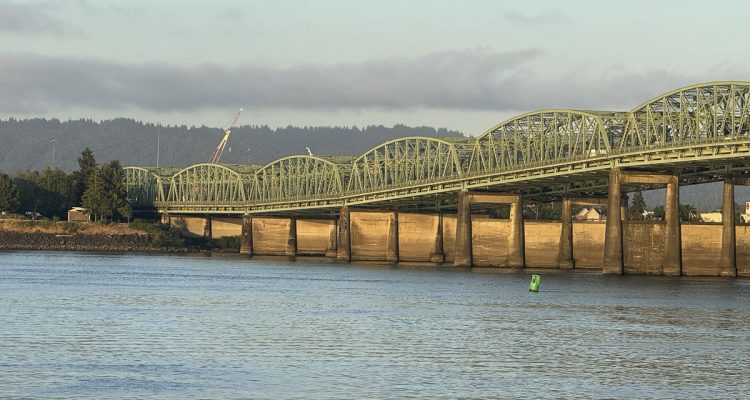Transportation infrastructure is a popular and relevant topic of interest across the United States. Roads and bridges are deteriorating and traffic in many parts of the country is the worst it has ever been. Congress is searching for a solution, and Senators Macro Rubio (FL-R), Ted Cruz (R-TX) and Mike Lee (R-UT) believe they have found one in the proposed Transportation Empowerment Act.
According to the bill, Congress finds that “the objective of the Federal highway program has been to facilitate the construction of a modern freeway system that promotes efficient interstate commerce by connecting all States” and that each state is responsible for building and operating “a network of transportation systems, including highways, that best serves the needs of the State.”
However, in the past, the federal government has overstepped its bounds. Using money raised through the gas tax, the Federal government distributes these funds based upon what it believes is best for the states, not on what the states believe is best for their residents. This has led to a mismanagement of resources, ultimately wasting billions of tax dollars on useless projects.
The Transportation Empowerment Act tries to solve this problem by returning the authority over transportation infrastructure to the states. The states would be tasked to finance, design, construct, and operate projects that do not fall within the scope of the federal government. This would inspire competition between states and local governments, as well as participation from the private sector. Ultimately this could lead to improved efficiency and greater innovation, because as former Secretary of Transportation, Mary Peters, said “Accountability is […] improved by State and local funds because those agencies have stronger incentive to be accountable to their voters than to the Federal Government.”
The act also proposes to reduce the federal gas tax from its current 18.4 cents per gallon to 3.7 cents per gallon by the fall of 2023. This would give financing power back to the states, allowing them to keep all revenue they collect from drivers and direct it towards projects that are more beneficial to their residents.
Unfortunately, “transportation policy today is less about improving mobility than about politics, aesthetics, and broad social goals.” This is especially true in Washington state, where the Secretary of the Department of Transportation says he has given up on congestion relief altogether to promote transit, so his agency becomes a “steward of [the] system and not just the builder of projects.”
As a result of this trend in transportation policy, the state of U.S. infrastructure is noticeably worse. States like ours would have to consider reforms that prioritize increased mobility for all travelers and link transportation spending to performance measures, or the bill could exacerbate the problem.
You can read the Senate bill here.





